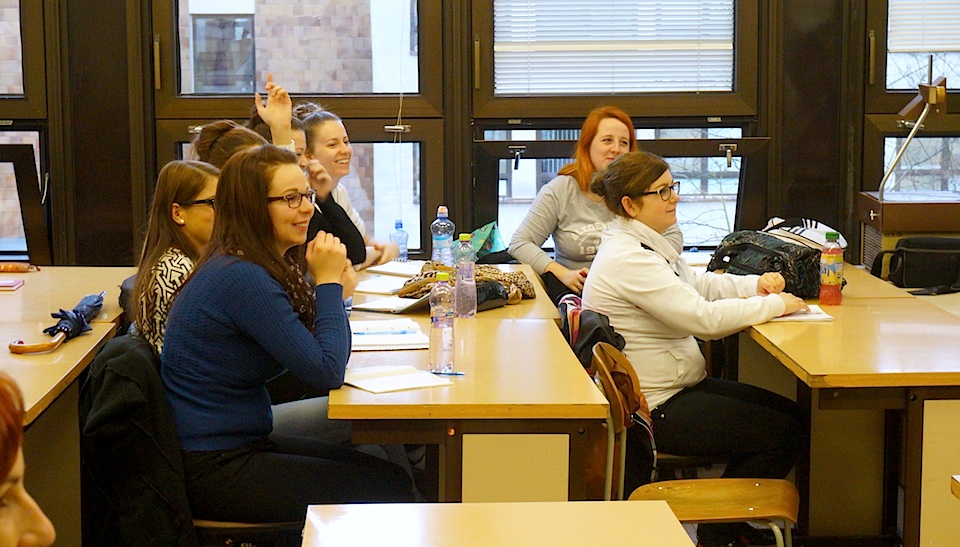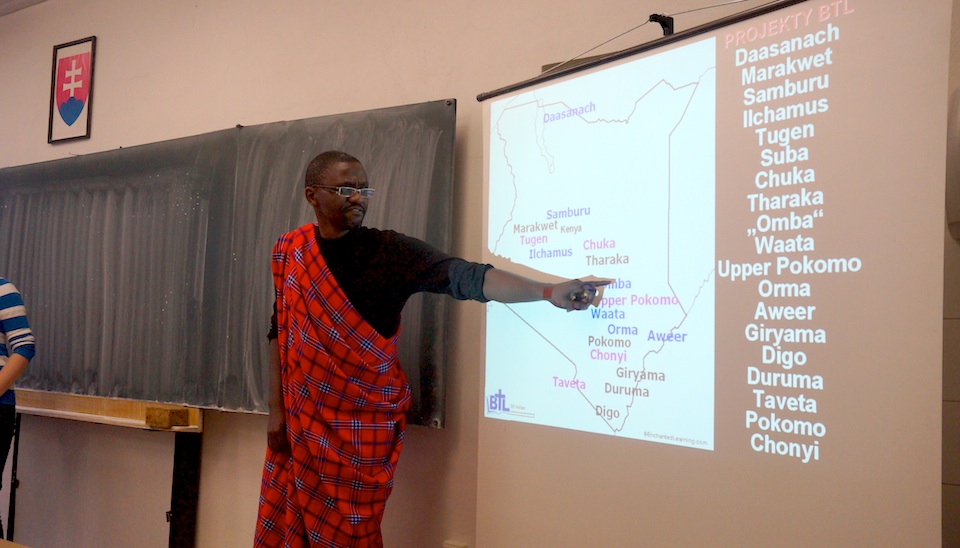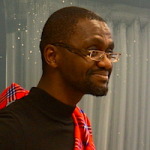The Book of Life
“Education changes our lives because it opens us up to a world we’ve never known before. Access to information is life-changing. Ignorance, on the contrary, just makes you feel bad. Not having access to the Bible makes this even worse!” Brother Paul went on to tell a story that a missionary-of-white-skin shared with him. The missionary met a woman in an African village who kept staring at him until he came over to speak to her. She told him that when she was a little girl, white missionaries had come to her village and read to them out of a very thick book. As a little girl, she listened very carefully to the words and years later, she still remembered two biblical sentences! She asked the white man about the book and he handed her his Bible. She caressed it, kissed it, and held it so tenderly. She knew she was touching the Word of Life. “She had been just a small child, but she heard two sentences from the Bible, and remembered them all her life,” Paul Machira repeated. How great was the desire of this woman—and probably many more—to read the Bible in their own language!
Sounds, Words, Sentences: A Test
Reverend Machira gave us a test: Try to read a sentence in an African language. We tried! Repeatedly attempting to pronounce the unknown words, we accomplished nothing! ![]() We did not understand the words that are spoken by thousands of people in the world. The Language of Samburu gave us a very hard time, and although many people speak this language, the Bible has never been written in it. To change this situation, the Samburu language needs a written form.
We did not understand the words that are spoken by thousands of people in the world. The Language of Samburu gave us a very hard time, and although many people speak this language, the Bible has never been written in it. To change this situation, the Samburu language needs a written form.
Wycliffe missionaries live in the Samburu community and are seeking to understand the sounds, then record these sounds into letters. When they are done with this phase of the study, they will then create a dictionary, which also serves in Bible translation. “Basically, the rule is that the emergence of the first dictionary occurs when the missionary has recognized at least 1500 words.”
The creation of the dictionary can take a long time. “In my language,” Paul Machira says, “the word ‘ilia’ has four meanings, depending on the pronunciation. One meaning refers to the ocean, a second about a group of people. A third meaning has to do with milk, and the fourth sense describes a past event. It’s the accent—the emphasis—on each syllable which gives the pronunciation, and therefore, the word’s meaning.”

Language Brain Teasers
“Translation of the Bible is an interesting exercise because you do not translate word for word. The aim of the missionary-translator is to translate the meaning of biblical phrases and images. There are, for example, words that exist in English, but in an indigenous African language, we will search for them in vain.” Paul Machira cites an example from Isaiah 1:18: ‘How may your sins, which are red like blood, be white as snow? How may their dark purple seem like wool?’ “What is snow?” Brother Machira asks. Many people in Africa have never seen snow or understand what it is. If the word does not exist in a native language, the translator must look for the closest acceptable alternative. “Although, ultimately, we must not dilute the contents (diminish the meaning) of the word,” he adds.
These linguistic puzzles may also occur when the word or phrase exists in the indigenous language, but has a different meaning. Luke 2:19 is a good example: “But Mary kept all these things in her heart and thought about them.” In one African language, ‘keep in your heart’ implies “getting mad.” To avoid that problem, the missionary translated the phrase “Mary kept these things in her stomach.” And this is a correct translation because it maintains the meaning of the words.
PROFILE of Paul Machira
Reverend Paul Machira is a missionary in Kenya. According to his own words, he is married to his ‘best friend,’ with whom he is raising three children, aged two to eight years. He is one of the main organizers of the “Run for the Bibleless,” through which he seeks to inform the general public in Kenya of the needs of their countrymen who have not had the good fortune to have their own language in a written form. Through this event, they are seeking to stimulate interest and obtain the means to provide for translation work. It was Machira’s zeal and enthusiasm for God’s word that inspired Wycliffe-Slovakia to invite the Reverend to Slovakia. In October, P. Machira visited Christian schools and churches throughout Slovakia. |
*** read also the FIRST PART ***




